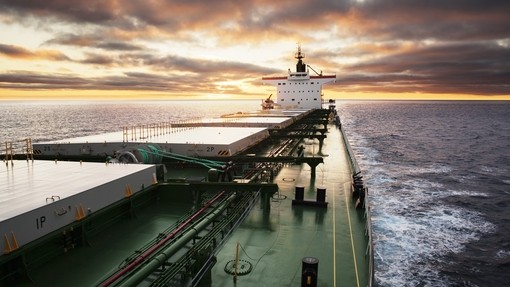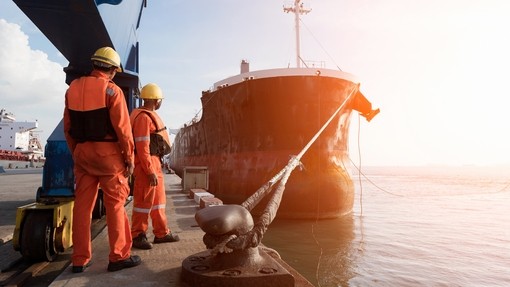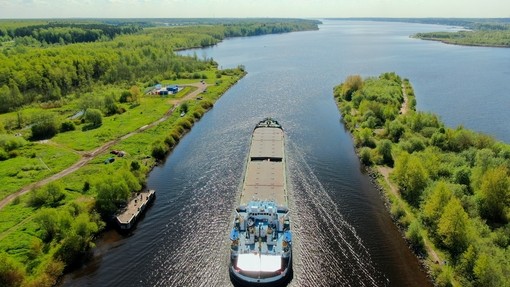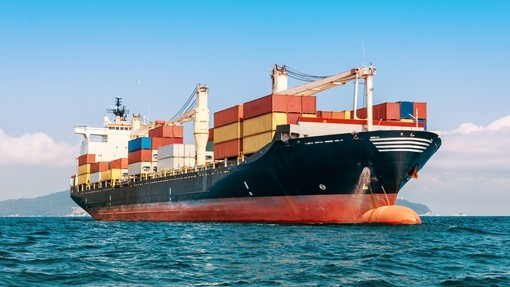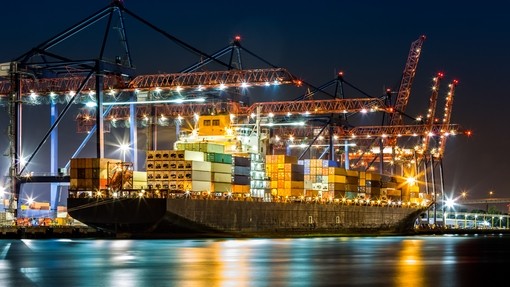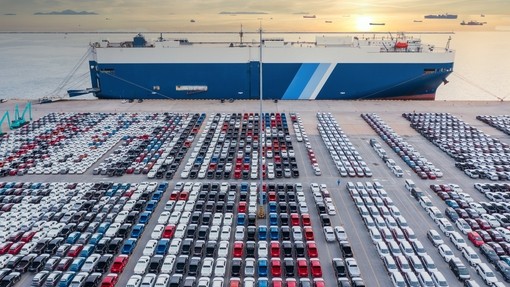Shipments of waste: an overview
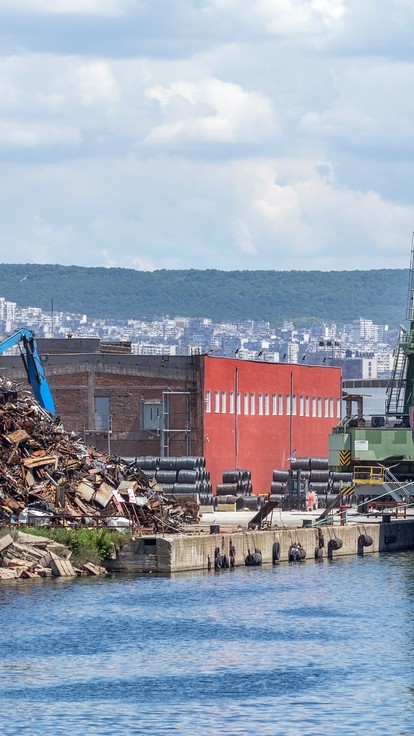
Details
Companies that produce, carry, import/export and recover/dispose of waste are under a duty to ensure that waste is being handled safely and in accordance with the existing national and international applicable regimes. This is to be considered against the background of the increasing environmental awareness in the shipping industry with regulators and stakeholders inevitably moving towards greener options.
This article provides an overview of the applicable regime with regard to the shipment of waste within the European Union and briefly in the United Kingdom.
The Basel Convention on the Control of Transboundary Movements of Hazardous Wastes and their Disposal (the Basel Convention)
The Basel Convention was adopted on 22 March 1989 by the Conference of Plenipotentiaries in Basel, Switzerland and came into force on 5 May 1992. Currently it has 187 country signatories.
Its adoption was in response to increasing environmental awareness and regulation in the developed world in the 1970s and 1980s resulting from dumping by some operators of hazardous wastes in countries where such regulations and enforcement options were limited/non-existent and thus putting communities at risk.
Protection of human health and the environment against the adverse effects of hazardous wastes is the main objective of the Basel Convention, which has the following aims:
- the reduction of hazardous waste generation and the promotion of environmentally sound management of hazardous wastes, wherever the place of disposal
- the restriction of transboundary movements of hazardous wastes except where it is perceived to be in accordance with the principles of environmentally sound management
- a regulatory system applying to cases where transboundary movements are permissible
Regulation (EC) No 1013/2006 of the European Parliament and of the Council of 14 June 2006 on shipments of waste (the Waste Shipment Regulation)
The Waste Shipment Regulation incorporates into EU law the provisions of the Basel Convention and also the revised 2001 decision of the Organisation for Economic Cooperation and Development (OECD (OECD Decision C(2001)107 on the Control of Transboundary Movements of Wastes Destined for Recovery Operations as amended by OECD Decision C(2004)20)) establishing procedures for the shipment of waste, depending on the origin, destination and route of the shipment, the type of waste shipped and the type of treatment to be applied to the waste at its destination.
Applicability
The Waste Shipment Regulation applies to shipments of waste:
- between Member States, within the EU or with transit through third countries
- imported into the EU from third countries
- exported from the EU to third countries
- in transit through the EU, on the way from and to third countries
The Waste Shipment Regulation covers almost all types of waste, apart from those excluded under Article 1, including the offloading to shore of waste generated by the normal operation of ships and offshore platforms (subject to certain conditions), shipments of radioactive waste, imports into the EU of waste generated by armed forces or relief organisations in circumstances of crisis.
Recovery vs Disposal
Shipments of waste for recovery (where waste it to be used as a resource) are subject to a less restrictive regime compared to shipments of waste for disposal which are seen as having a more serious effect on the environment. The different approach between disposal and recovery is based upon the recognition of the different environmental impact these procedures have and the acknowledgment of the potential benefits to the environment and human health of using waste as a resource.
The definitions of ‘recovery’ and ‘disposal’ are to be found in the Waste Framework Directive (Directive (Directive 2008/98/EC of the European Parliament and of the Council of 19 November 2008 on waste and repealing certain Directives of 19 November 2008)) according to which recovery is ‘any operation the principal result of which is waste serving a useful purpose by replacing other materials which would otherwise have been used to fulfil a particular function, or waste being prepared to fulfil that function, in the plant or in the wider economy’. Whereas disposal means ‘any operation which is not recovery even where the operation has as a secondary consequence the reclamation of substances or energy’. Annexes I and II of the Directive set out non-exhaustive lists of disposal (such as landfill, deep injection or incineration) and recovery operations (such as use as fuel to generate energy, reclamation or recovery of components) respectively.
Types of waste and control procedures
The Waste Shipment Regulation divides waste in two main categories, namely:
- Green listed wastes (which is non-hazardous waste)
- amber listed wastes (which is hazardous waste or waste that contains both hazardous and non-hazardous parts)
There are two control procedures for the shipment of waste and in particular:
- requirements for general information that normally apply to shipments for waste recovery of green listed wastes
- prior written notification and consent for shipments of amber listed wastes, but also for disposal of green listed wastes
Whether the waste is to be recovered or disposed, all parties involved must ensure that waste is managed in an environmentally sound manner throughout the shipping process.
The notification regime is more burdensome and it requires among other things the prior written consent of the affected countries’ competent authorities (country of dispatch, country of destination but also any country of transit), provision of financial guarantee for the costs of transport, recovery or disposal and storage for 90 days, supervision of the process by the relevant competent authorities. Importantly, the notifier has a duty to take back the shipment, if it cannot be completed (for example because it has been misdeclared).
Prohibition of shipments
The Waste Shipment Regulation prohibits certain types of shipments, which can be summarised as follows:
- In terms of imports, all imports into the EU of waste destined for recovery or disposal are prohibited with the exception of imports from third countries that (i) are a party to the Basel Convention, (ii) have concluded bilateral agreements with the EU or a Member State or (iii) exist exceptional grounds during situations of crisis (Articles 41 and 43 of the Waste Shipment Regulations)
- In terms of exports, all exports of waste from the EU destined for disposal are prohibited, except those destined for disposal in the European Free Trade Association countries (Iceland, Norway, Liechtenstein and Switzerland) which are also a party to the Basel Convention. Exports of hazardous waste from the EU destined for recovery are prohibited, except those directed to countries to which the OECD decision applies (Articles 34 and 36 of the Waste Shipment Regulations)
Enforcement
In terms of enforcement the Waste Shipment Regulation provides that the Member States are to lay down the rules on penalties in case of infringement .The penalties must be effective, proportionate and dissuasive.
Enforcement measures are to include spot checks on shipments of waste (which may take place at the point of origin, destination or during transit and include both inspection of documents and where appropriate physical checking of the waste) or on the related recovery or disposal.
UK implementation
In the United Kingdom, the Transfrontier Shipment of Waste Regulations 2007 (Regulations (as amended by the Transfrontier Shipment of Waste (Amendment) Regulations 2014 which came into force on 1 May 2014)) supplement the Waste Shipment Regulation by designating the UK competent authorities (with the Environment Agency being the competent authority of destination, dispatch and transit and also enforcement in England) and setting out offences and penalties (failure to follow the Regulations might be a criminal offence and entail the risk of prosecution, financial penalties and/or imprisonment). Of relevance is also the UK Plan for Shipments of Waste which in effect prohibits the shipments of waste to and from the UK for disposal, apart from some (limited exceptions), in line with the principles of proximity, self-sufficiency and priority for recovery.
Read part two of this article: shipments of waste and no-deal Brexit

